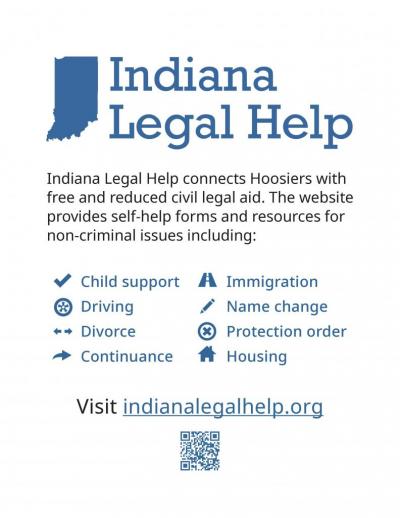United Way Helps Families in Marshall County Achieve Financial Stability
Everyone deserves the opportunity to earn a living that can sustain a family and build security for future generations. That's why we're helping hard working families to make ends meet while connecting them with the education and financial tools to empower them to create a better, more sustainable future for themselves and their loved ones.
Accessing Public Benefits
Public benefits are government funded financial assistance programs that help people meet basic needs like health care, housing or food. United Way helps make it easier for people to understand and access these resources.
Housing
At United Way, we believe that everyone should have the opportunity to live in an affordable, safe, stable home and for homeownership to be an achievable goal for every family.
We are helping people connect with short-term shelter as well as supporting services to help people overcome barriers that can get in the way of long-term stable housing, including employment, substance misuse recovery, and mental health support.
You can learn more about our Housing initiatives HERE.
Link to Hope links people to available resources. This includes helping those in need in the Marshall County area with temporary rental and utility assistance, transportation to shelter, and linking individuals with other needed area service providers. You can call for more information at 574-941-2273 or complete an application for assistance online at https://www.linktohopemarshallcountyin.com/apply.

Civil legal aid helps people with non-criminal issues, including family, housing, consumer, healthcare, benefits, employment, and educational services. The website provides self-help forms and resources as well as information on how to locate free legal help, pro bono attorneys, or low cost legal help.
Self-help resources include:
- Debt;
- Mortgage foreclosure;
- Eviction;
- BMV Fee Reinstatement Fee Waiver;
- Expungement;
- Family law topics;
- Filing and Preparing for Court;
- Name and Gender Marker Change;
- Protection Orders.
More are being added from time to time.
Indiana Legal Services (ILS) is a nonprofit law firm providing free legal services to eligible low-income Hoosiers. To learn more, call 1-844-234-8570 or apply for help online HERE.
REAL Services assists low-income households with electric, heating, and water expenses during the winter months with funding provided through federal and state government. Please note that EAP benefits are NOT monthly payments.
To be eligible for the Energy Assistance Program (EAP), households must be within 60% of the state median income. Benefits depend on household size, income, utility cost, and fuel type.
This year, don’t pay to file. Use MyFreeTaxes, United Way’s easy online platform, to save hundreds of dollars in fees. For the first time, MyFreeTaxes is available in English and Spanish! Get started today: myfreetaxes.com
IRS Free File offers online tax preparation at no cost! Learn more and get started here: https://www.irs.gov/filing/free-file-do-your-federal-taxes-for-free
For weekly updates, go to WorkOne’s website at www.gotoworkone.com or like the FB page at https://www.facebook.com/Work1NorthernIN
